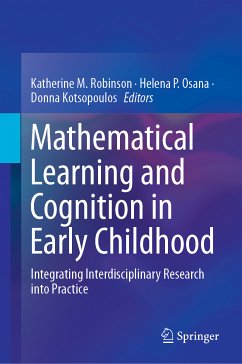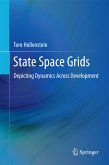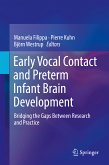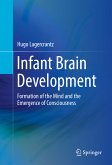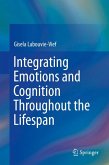This book explores mathematical learning and cognition in early childhood from interdisciplinary perspectives, including developmental psychology, neuroscience, cognitive psychology, and education. It examines how infants and young children develop numerical and mathematical skills, why some children struggle to acquire basic abilities, and how parents, caregivers, and early childhood educators can promote early mathematical development. The first section of the book focuses on infancy and toddlerhood with a particular emphasis on the home environment and how parents can foster early mathematical skills to prepare their children for formal schooling. The second section examines topics in preschool and kindergarten, such as the development of counting procedures and principles, the use of mathematics manipulatives in instruction, and the impacts of early intervention. The final part of the book focuses on particular instructional approaches in the elementary school years, such as different additive concepts, schema-based instruction, and methods of division. Chapters analyze the ways children learn to think about, work with, and master the language of mathematical concepts, as well as provide effective approaches to screening and intervention.
Included among the topics:
- The relationship between early gender differences and future mathematical learning and participation.
- The connection between mathematical and computational thinking.
- Patterning abilities in young children.
- Supporting children with learning difficulties and intellectual disabilities.
- The effectiveness of tablets as elementary mathematics education tools.
Mathematical Learning and Cognition in Early Childhood is an essential resource for researchers, graduate students, and professionals in infancy and early childhood development, child and school psychology, neuroscience, mathematics education, educational psychology, and social work.
Dieser Download kann aus rechtlichen Gründen nur mit Rechnungsadresse in A, B, BG, CY, CZ, D, DK, EW, E, FIN, F, GR, HR, H, IRL, I, LT, L, LR, M, NL, PL, P, R, S, SLO, SK ausgeliefert werden.

